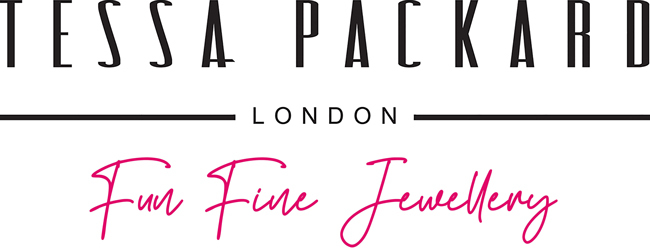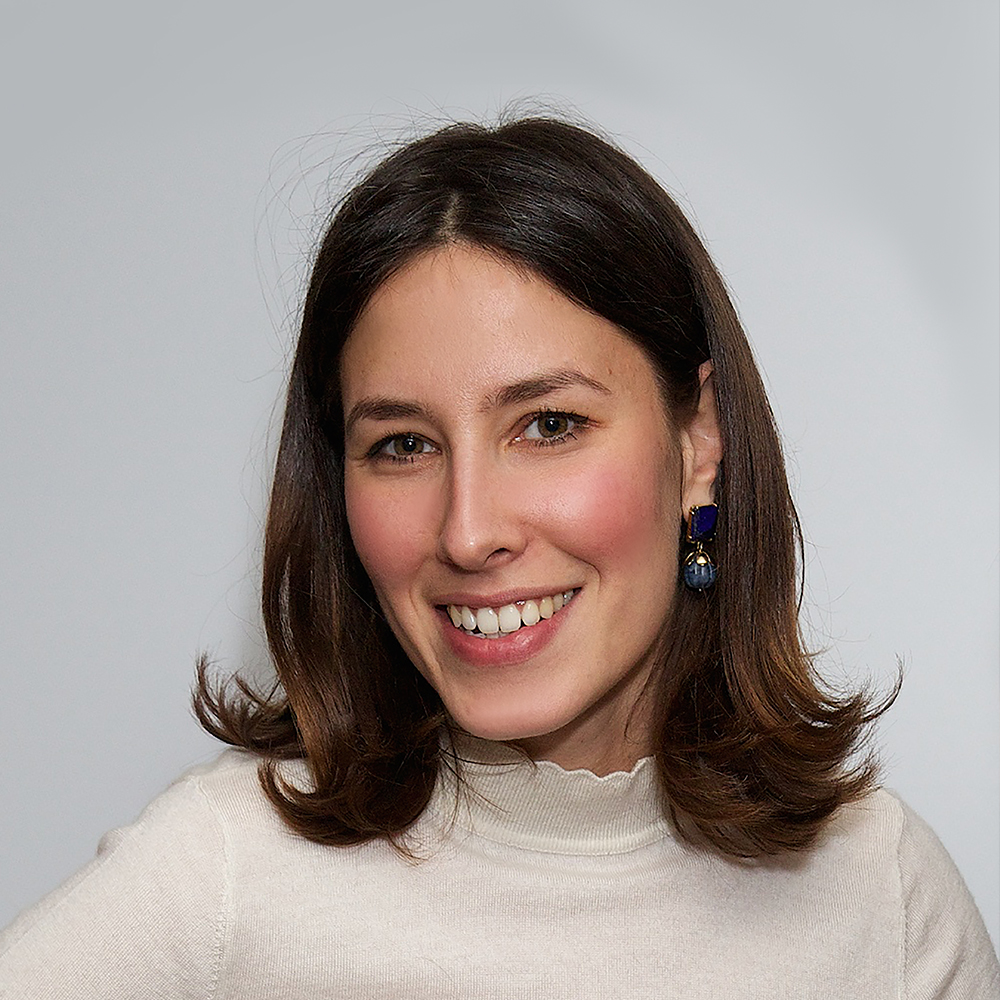
September 2019
Phanella Fine
A highly experienced Accredited Executive Coach, Phanella Fine is an expert in diversity, happiness and authenticity at work. She successfully started and sold her stake in the game-changing careers platform, The Step Up Club: ‘the ONLY voice to listen to on women’s careers’.
Her practical experience is backed up by a Masters in Organisational Behaviour (Career Management and Coaching) from Birkbeck, University of London. Her book, Step Up: Confidence, Success and Your Stellar Career in 10 Minutes a Day was published by Ebury (Random House) in 2016.
She has extensive media experience as a commentator and columnist across many of the UK’s broadsheets and glossies. She has also hosted a successful podcast – The Success Revolution – and appeared as a guest on numerous podcasts and radio shows.
Before qualifying as a coach, she worked as an international finance lawyer in London and New York, then moving to become a fund manager on JPMorgan’s flagship European Equity Fund desk, passing all three levels of the Chartered Financial Analyst (CFA) qualification. Her first degree was in Modern Languages (French and German) from Oriel College, Oxford. She lives in London with her husband and three children.
IN CONVERSATION
Tessa Packard [TP]: You started off in the world of law, then moved to finance before becoming an executive coach. What led you to make these career changes and finally settle on coaching?
Phanella Fine [PF]: Law seemed exciting and fast. I loved Ally McBeal and, embarrassingly, I genuinely believed my law firm would be just like the show. Needless to say, it wasn’t. Although I loved my colleagues and developed great attention to detail – and was lucky enough to be sent to New York for 6 months – I realised I needed something more dynamic. I moved to be a portfolio manager on European Equities at JPMorgan, helping pick investments for their retail funds. The job was fast-paced and varied: I loved it. My favourite part of the job was always meeting the management of the companies in which we invested; I was interested in their careers and personal motivation as much as their strategy for the future.
After I had my first baby 11 years ago, I wanted to be around more than a job in the financial markets would allow. I followed this interest in people and re-qualified as a coach with a masters in organisational behaviour, career management and counselling. It’s been a brilliant change for me. I am flexible enough to be around for my three children when necessary but have also been able to grow and sell a dynamic business; plus I get to meet interesting people every day, helping them create their dream future.
[TP]: Who or what have you found to be most inspirational or motivational in your own career so far, both generally over the years and also specifically to what you do now?
[PF]: My mother in law is particularly inspirational to me. She holds down a big transatlantic job, travelling frequently for work, yet is still incredibly present for her four children and seven grandchildren, as well as all her friends. I aspire to have the same energy, warmth and career success as she has had.
[TP]: What are your three golden rules to being a successful coach?
[PF]: 1. Listen. We think we listen but most of us don’t. Not really. Often just being deeply heard is hugely meaningful in helping clients come to really important realisations about themselves.
2. Empathise. Often my clients are immediately lovely and the rapport is immediate. Sometimes, though, they can be under huge pressure and aggressive, angry or rude to me as a result. No matter how my client presents, I always like and empathise with them. This means I am able to be on their side and quickly break down any barriers. It’s important to feel your coach is backing you – it builds confidence and allows me to give more direct feedback without defensive barriers going up.
3. Talk straight. When I feel it’s necessary, I will be honest with my clients about what I think. I might make suggestions, give them feedback about what I observe in them or even be directive. I know clients value this approach and moving along the spectrum from this to a light touch, listening style is what makes my coaching effective.
[TP]: How do you think professional coaching has changed over the time you have been involved in the sector?
[PF]: Since I started coaching, it has become hugely more prevalent than it was ten years ago. In the States, it’s very usual to have a coach and I think, increasingly, we are moving towards that, particularly from the corporate perspective. Coaching is proven to work, increasing the likelihood of reaching your goals, as well as improving retention and promotion. It’s also very useful in diversity initiatives. For all these reasons, I think coaching will continue to grow.
[TP]: What is the one thing about your industry that excites you the most; and also frustrates you the most?
[PF]: Most exciting is the ability to create meaningful and long-lasting change in traditional corporate structures, for example through diversity programmes encompassing not only the diverse groups but also senior management.
[TP]: What three key pieces of coaching advice would you give to a first time entrepreneur?
[PF]: 1. Be prepared to learn quickly. When we launched the Step Up Club, I very quickly had to become an expert in all aspects of the business, from finance to website design. Even if you’re outsourcing tasks, you still need to have an understanding of what’s possible and a vision of what you want to achieve within that. Prepare for a steep learning curve and be ready to ask when you don’t know.
2. Make time for yourself. Initially, I worked all hours and could regularly be found still emailing on the sofa at 11pm. It worked for a while but, no surprise, I eventually felt completely burned out – not good for someone whose business is teaching others to effectively manage their working lives. Fast forward and even having sold Step Up and working on my next start up, I make sure to factor in a break every day and, except in exceptional circumstances, have a work ban in operation after 9pm.
3. Understand your motivation and goals. These will shape your strategy, product and any partnerships you forge. Perhaps you are someone who is looking for a business that works within a flexible lifestyle and feeds your soul. Perhaps you are looking to grow the next unicorn. Most likely, somewhere in between. All paths are equally valid but they don’t involve the same journey. Be clear with everyone around you and yourself what you’re aiming for.
[TP]: What do you think is the most common misconception about coaching?
[PF]: That it’s remedial. It’s not. It’s a pretty essential tool for personal development and discovery.
[TP]: If you could travel back in time and spend one month with one great sage, philosopher, academic, psychologist or psychoanalyst, who would it be?
[TP]: In an ideal world, what would you have liked to have achieved by the time you retire?
[PF]: Three happy thriving children, a continued fulfilling marriage and at least one more business that has in some way shaped and helped the world. I’m pretty sure I have another book in me too.
[TP]: What do you think in today’s world is the greatest blocker of confidence and happiness?
[PF]: Social media. I engage for work but am very boundaried about what I look at and when. Having had a successful instagram account as part of Step Up, I know that what you see is heavily filtered and always presents an ideal rather than reality. Comparing yourself to someone’s feed is deeply unhelpful.
[TP]: How much time and energy do you give to the ‘personal’ when you coach people on the professional? Would you say it is impossible to grow one successfully without the other?
[PF]: Absolutely. Whilst all my work is career or business focussed – I am not a clinical psychologist – the personal is inevitably relevant. One of the biggest mistakes I think we make is to silo work and personal happiness. The best approach is to think about each in the context of the other.
[TP]: Do you tend to attract a certain type of client, and if so, what do you think draws them to you?
[PF]: I coach both men and women. My individual clients come from all industries, and come to coaching with different goals. They tend to be entrepreneurs or professionals with a desire to create real positive change in their careers or business, or those facing some form of question or crisis.
My corporate work is focussed on emerging and established leaders, as well as co-founders and leadership teams.
[TP]: If you didn’t do what you do now, what you be doing….?
[PF]: Radio presenter. I am very small but have an incongruously loud and deep voice. Taxi drivers often ask me whether I’m on the radio. I love public speaking and I love a chat – it might have been my perfect career!
ON THE SPOT
Town or Countryside? Can I have both?
Favourite city? London of course!
Your perfect dinner guest, dead or alive? My Dad.
If you could time travel to any era it would be…? It has to be the Renaissance: scientific discoveries, artistic endeavour, Shakespeare, da Vinci, Columbus, Gallileo, Michaelangelo…
The best meal you’ve ever eaten is? Lobster with butter on the Maine coast.
The one essential you can’t leave home without? Red lipstick.
Biggest extravagance? Holidays.
Favourite book? The Choice by Edith Eva Eger.
What would your gravestone read? She was so loved. (Isn’t that what we all want in the end?)
FIND OUT MORE

